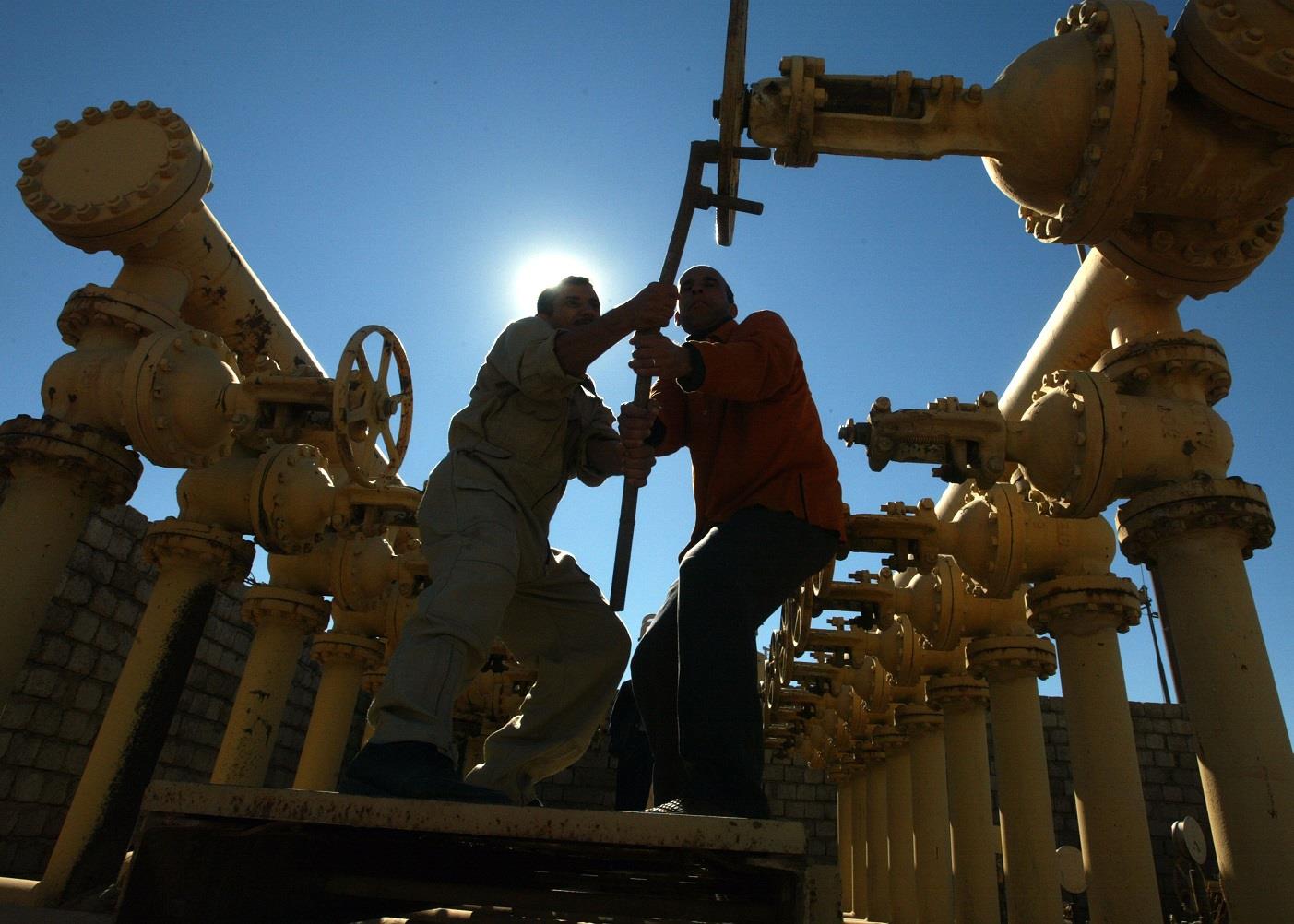
To avoid a default over the next few years, the emirate must make some tough decisions
Dubai has managed to overcome the darkest fears about its creditworthiness and looks likely to end the year without defaulting on any of its debts. But substantial restructuring of its finances will have to take place if it is to avoid failing to meet repayments due in 2010 and 2011.
This year has been a tough one for the emirate. Its real estate and construction sectors – major drivers of its economy – have collapsed, and it struggled to refinance debts on government-related companies such as Dubai Civil Aviation Authority and Borse Dubai. The model of using cheap short-term financing has been exposed as too risky over the longer term.
As the year has progressed, some sense of confidence has been restored. The spreads on Dubai’s credit-default swaps, the cost of insuring against the government defaulting on its debt, have narrowed from nearly 1,000 basis points in February to about 300 basis points.
But with obligations of more than $13bn in 2010 and nearly $20bn in 2011, the tough times are far from over. A second $10bn bailout from the Central Bank of the UAE will not solve all these problems.
To avoid a default over the next few years, Dubai must make some tough decisions. Failing businesses must be allowed to die, and the bloated real estate sector should consolidate. The cash from the central bank should be used only for businesses with viable long-term business plans, rather than protecting trophy assets from facing up to reality.
Commercial thinking of this kind will give investors the confidence that if they are flexible on when they want their money back, defaults can be avoided.
You might also like...

Oman secures 1.5GW contract renewals
08 May 2024

Oman extends 1GW wind prequalification
08 May 2024
A MEED Subscription...
Subscribe or upgrade your current MEED.com package to support your strategic planning with the MENA region’s best source of business information. Proceed to our online shop below to find out more about the features in each package.










